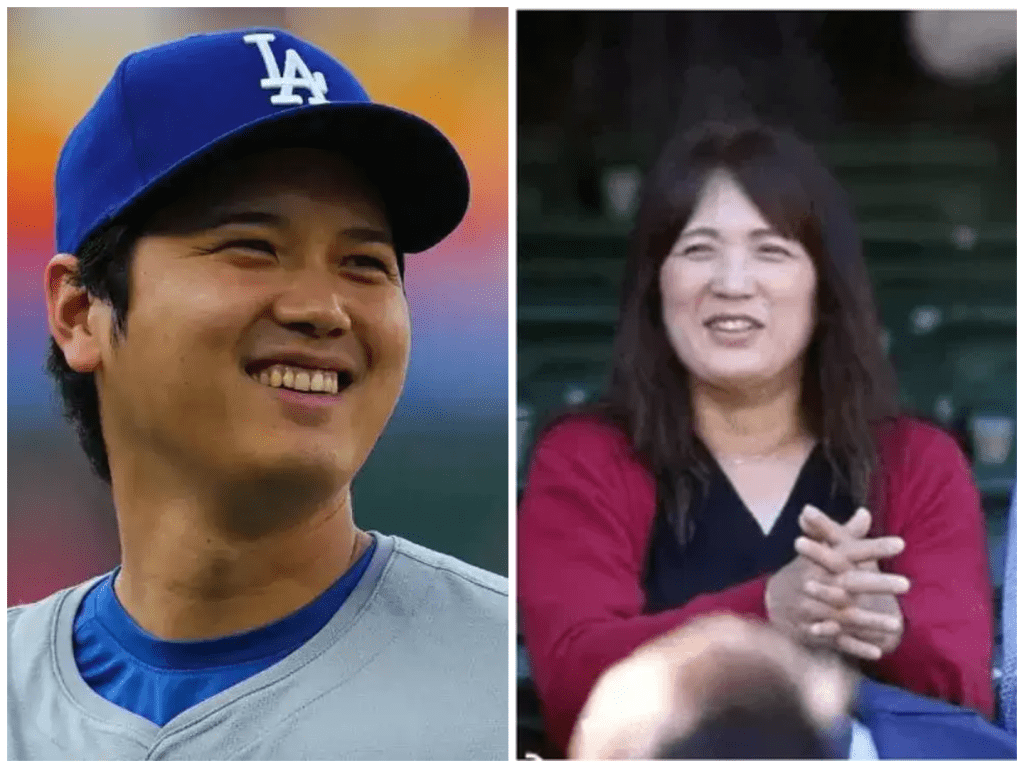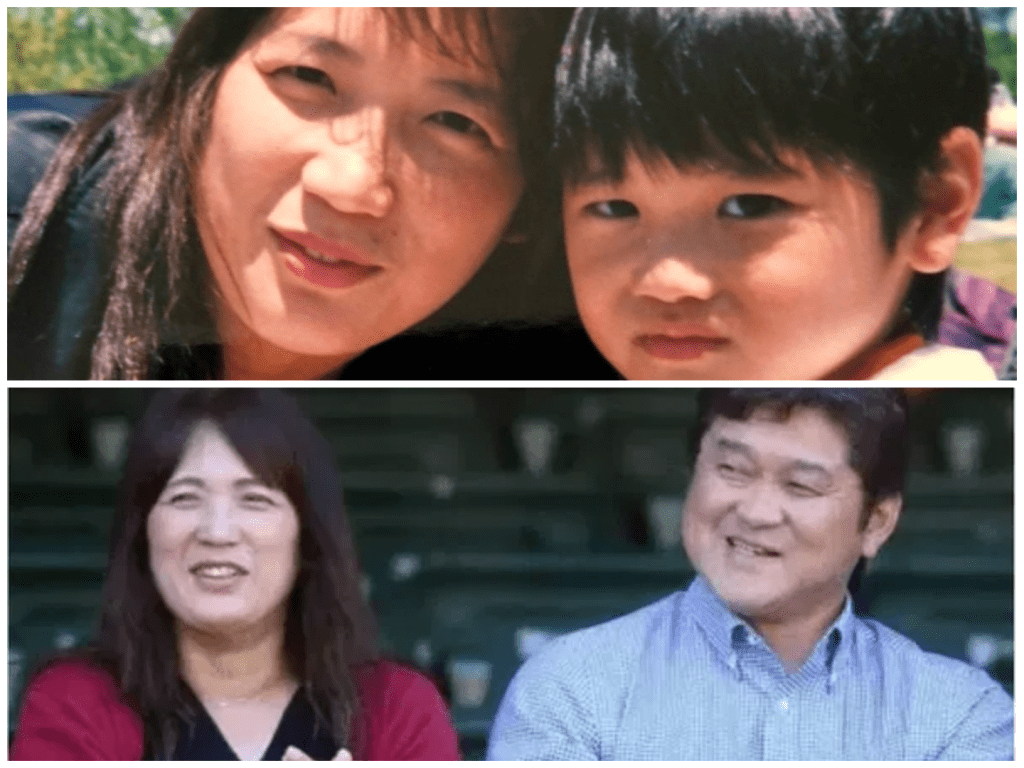How Shohei Ohtani’s Mom Stayed Humble and Kept Working, Even After His $700 Million Dodgers Contract

Every once in a while, you come across a moment that stops you cold—something so simple yet so powerful. That moment came when I read a line from Shohei Ohtani’s mother, Kayoko, in a recent interview: it “doesn’t feel right to ask my son for money just because he’s getting paid well.” That sentence made my heart pause, my spirit reflect. Because behind the $700 million contract, behind the MVPs and World Series glory, there’s a family rooted in humility, values, and grace.
Shohei Ohtani isn’t just baseball’s two-way phenom anymore. He’s a cultural icon, a global ambassador of sport. He made history with back-to-back MVPs, a 50/50 season, and a sensational debut with the Dodgers. Yet in all that success, it’s his mom’s words that echo loudest in our minds and hearts.

It was two years ago when Kayoko shared a story with a Korean outlet that reflects the essence of this family’s values. They had more than enough income, she said, yet she decided to continue working part-time. Imagine that. Shohei, the once Los Angeles Angels two-way rookie, has risen through the ranks to sign the biggest contract in sports history last December—10 years, $700 million with the Dodgers. But Kayoko still finds comfort in contributing in her own quiet way. She didn’t need to lean on him, she said. It felt wrong.
Let that sink in. Picture a mother in Japan, once an amateur badminton player, cheerfully riding the trains, picking up shifts at a local shop—even after her son carried home MVP awards and shattered records. This isn’t about modesty for show. It’s about humility at its purest. It’s about knowing where you come from, what you value, and choosing dignity over entitlement.
Shohei credits his parents for more than his polished swing or his nine-figure paycheck. His mother Kayoko and father Toru fostered a work ethic that shaped him. Toru, a former industrial-league ballplayer for Mitsubishi, coached him from a young age and encouraged discipline through chores and humility. Kayoko, once a high school badminton champion, instilled in him the power of persistence—and a reminder that life isn’t just about wins and records. “I still can’t beat her in badminton,” Shohei joked in 2017.

I still picture that childhood photo—two souls wrapped in love—young Shohei clutching a ball, glancing shyly at the camera beside his mother. That moment of innocence carries the weight of a legacy.
I wonder what it must have been like for Kayoko the day Shohei became the first unanimous MVP in Dodgers history, or when he launched a 50/50 season—a feat no designated hitter had ever achieved. Did she smile softly and say, “I’m proud, but I’ll still pick up that shift because it’s right.” That’s what I imagine.
This story isn’t quiet praise for Kayoko. It’s a mirror reflecting values that transcend fame and fortune. It’s a lesson for parents and children alike. It’s a lesson I needed. Because I’ve had times where I leaned too heavily on others, or felt entitled. And Kayoko’s example shakes me awake, nudging me to ask: what matters more than how much you make? Maybe it’s who you remain when the world applauds.
Some of us come from families that speak about “putting money on the table.” Some argue that success buys comfort. But Kayoko’s choice reminds us that dignity can cost something. It costs pride. It costs ego. It’s a choice to stand tall on your own two feet. And it’s a gift that never loses value.
Maybe that’s why the moment struck me so deeply. It wasn’t the grandeur, the contracts, or the MVP trophies. It was the whisper of humility. The simple reverence for independence and principle. Because in the end, a mother’s quiet words could echo longer than a home run or contract announcement.
Kayoko’s story also surfaced again just days ago on social media, prompting new admiration. Once more we saw it: an icon’s mother continues working not out of need, but out of choice. That choice speaks volumes—in Japanese culture, and in human values.
Shohei has not forgotten. He daily dedicates games to his mother. He once said he hoped his home run would make her smile across the sea. But I imagine it was her smile that has guided him all along.
As fans watching his next chapter unfold with the Dodgers—injury returns, clutch home runs, championship runs—we’ll be cheering for the athlete. But I’ll be quietest, listening for the echo of his mother’s words, seeing the shadow of her choices. Because that is the heartbeat behind greatness.
So here’s to Kayoko—the quiet emblem of integrity; to humility in a world that rewards its opposite; to a mother who chose dignity over comfort, values over extravagance. Shohei will hit more home runs, pitch more shutouts, and sign more contracts. But her story reminds us: in the game of life, how we stay grounded defines who we become.